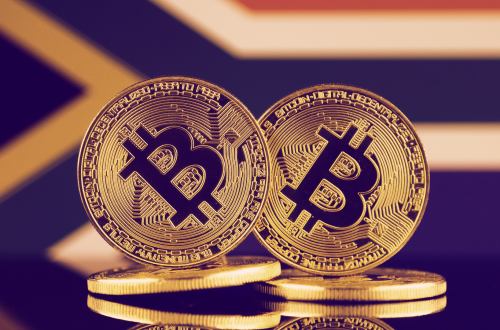The future of banking is set to be an exhilarating journey into a world of cutting-edge services that will revolutionize the way we manage our finances. As technology continues to advance at an unprecedented pace, the banking industry is poised to transform itself into an ecosystem of seamless and personalized experiences. One of the most significant developments on the horizon is the widespread adoption of blockchain technology. With its inherent security features and ability to facilitate instantaneous transactions, blockchain is poised to eliminate many of the inefficiencies that have plagued traditional banking systems for decades. This will not only enhance the security of our financial transactions but also reduce the cost and time associated with them. Artificial intelligence AI and machine learning ML are also set to play a pivotal role in the future of banking. These technologies will enable banks to analyze vast amounts of data in real-time, providing customers with personalized financial advice and recommendations.
Imagine a banking assistant that understands your financial goals, monitors your spending habits, and suggests ways to save and invest more efficiently. AI-driven chatbots will become the first point of contact for customers, providing instant responses to inquiries and assistance with various banking tasks. The branch of the future will be drastically different from what we know today. Physical branches will evolve into technology-driven hubs where customers can engage with virtual reality VR and augmented reality AR interfaces. These immersive experiences will allow customers to explore financial products and services in a virtual environment, making it easier to understand complex concepts and make informed decisions. VR will also enable customers to meet with their financial advisors in a virtual space, breaking down geographical barriers and making expert advice more accessible. Furthermore, the future of banking will be cashless cardless. Mobile payments, digital wallets, biometric authentication methods will become the norm. Your smartphone will serve as your primary banking tool, allowing you to make payments, manage your accounts, and access banking services with a simple fingerprint or facial recognition scan.

This not only enhances security but also simplifies the way we interact with our finances on a day-to-day basis. Financial institutions will increasingly collaborate with fintech startups to harness the power of innovation. Open banking will become more prevalent Andrea Orcel Unicredit, enabling customers to share their financial data securely with third-party apps and services to access a wider range of financial products. This collaboration will lead to the development of innovative lending platforms, investment tools, and budgeting apps, all seamlessly integrated into the banking experience. Finally, sustainability and ethical banking will be at the forefront of the industry’s future. Customers will demand more transparency and accountability from their banks, pushing financial institutions to invest in green technologies and support environmentally responsible initiatives. Ethical investing will become a standard offering, allowing customers to align their financial goals with their values.
